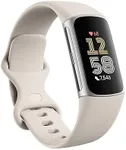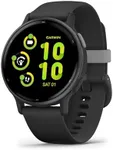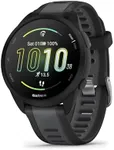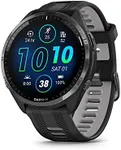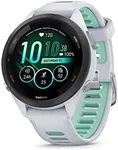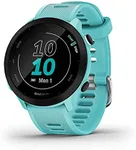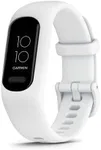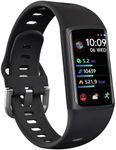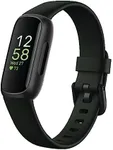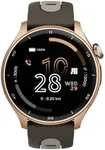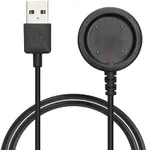Buying Guide for the Best Trackers For Runners
Choosing the right tracker for running can significantly enhance your training and overall running experience. A good running tracker can provide you with valuable insights into your performance, help you set and achieve goals, and keep you motivated. When selecting a tracker, it's important to consider various specifications to ensure it meets your needs and preferences. Here are some key specs to look out for and how to navigate them.GPS AccuracyGPS accuracy is crucial for runners as it tracks your route, distance, and pace. A tracker with high GPS accuracy will provide precise data, which is essential for monitoring your progress and planning your runs. Trackers with built-in GPS are generally more accurate than those that rely on your phone's GPS. If you run in urban areas with tall buildings or dense forests, look for a tracker known for maintaining strong GPS signals in challenging environments.
Heart Rate MonitoringHeart rate monitoring helps you understand how hard your body is working during a run. This feature can guide you to train within your optimal heart rate zones, improving your fitness and preventing overtraining. Trackers with continuous heart rate monitoring provide more detailed insights compared to those that only measure at intervals. If you are serious about improving your cardiovascular fitness or training for a specific event, a tracker with accurate and continuous heart rate monitoring is beneficial.
Battery LifeBattery life determines how long your tracker can function before needing a recharge. For runners, especially those who enjoy long-distance running or marathons, a tracker with a long battery life is essential. Trackers with GPS and heart rate monitoring tend to consume more battery, so consider how often you are willing to charge your device. If you run frequently and for extended periods, look for a tracker with a battery life that can last several days with all features active.
Water ResistanceWater resistance is important if you run in various weather conditions or sweat heavily. A water-resistant tracker can withstand rain, sweat, and even a quick rinse under the tap. Water resistance is usually measured in meters; for example, a tracker rated at 50 meters can handle swimming and showering. If you run in all weather conditions or plan to use your tracker for other water-based activities, choose one with a higher water resistance rating.
Comfort and FitComfort and fit are crucial for a tracker you will wear for long periods. A comfortable tracker should have an adjustable strap and be lightweight. Some trackers offer different strap materials, such as silicone or fabric, which can affect comfort. If you have sensitive skin or plan to wear the tracker all day, look for one with hypoallergenic materials and a design that fits snugly without being too tight.
Smart FeaturesSmart features like notifications, music control, and contactless payments can enhance your running experience by allowing you to stay connected without carrying your phone. These features can be convenient but may also drain the battery faster. If you prefer a minimalist approach to running, you might opt for a tracker with fewer smart features. However, if you like staying connected and multitasking, a tracker with a variety of smart features could be a good fit.
Data Syncing and CompatibilityData syncing and compatibility with other devices and apps are important for analyzing your running data and integrating it into your fitness routine. Most trackers sync with smartphones and fitness apps, but it's important to check compatibility with your preferred devices and platforms. If you use specific fitness apps or have other smart devices, ensure the tracker you choose can seamlessly sync and share data with them.
